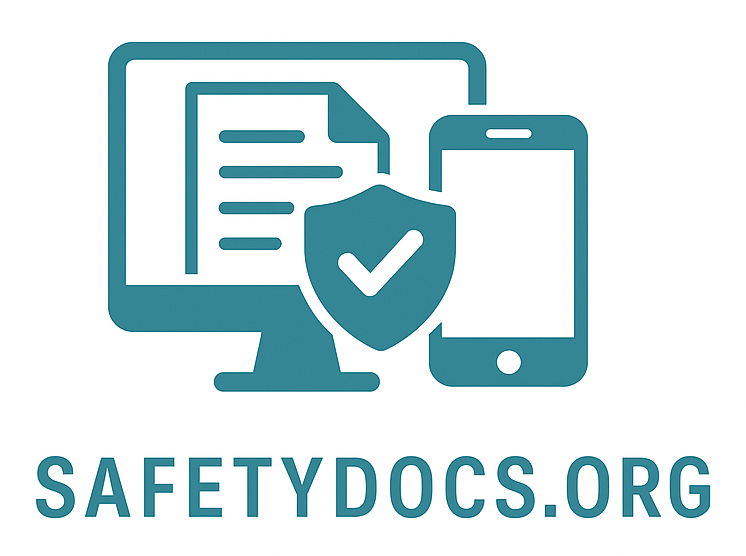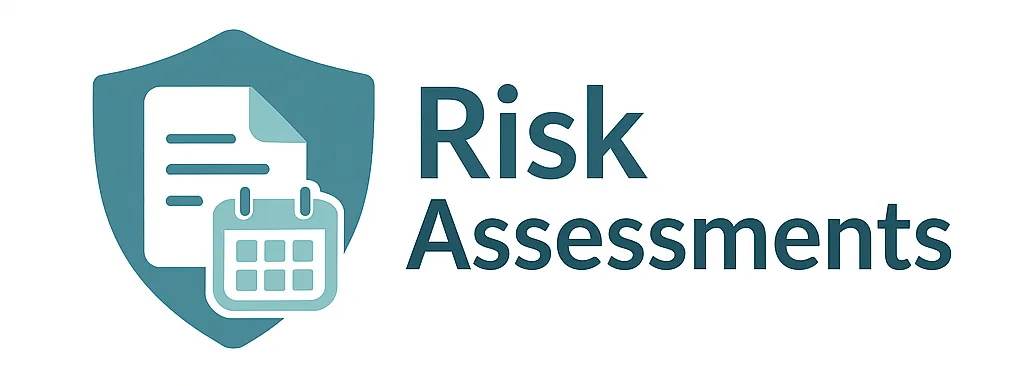
Event Operational Plan Template: Step-by-Step Guide for Success
Event Operational Plan Template: A Comprehensive Guide for Success
An event operational plan template serves as a detailed roadmap for managing and executing a successful event. Whether you're organizing a corporate conference, a trade show, or even a private gathering, having a structured plan in place is crucial to ensuring that everything runs smoothly. The template acts as a comprehensive guide, helping you outline all the essential steps involved in the planning, preparation, and execution phases of your event. With such a plan, you can avoid confusion and ensure that every detail is carefully managed. By the end of this article, you'll be able to create your event operational plan template that guarantees the seamless coordination and execution of your event.
Understanding the Importance of an Event Operational Plan
When planning any event, a well-organized operational plan is a necessity. It not only ensures that the event is properly managed but also guarantees that all stakeholders involved are aligned and aware of their responsibilities. From corporate seminars to weddings, large-scale events require careful preparation to avoid chaos. An operational plan is not just a list of tasks; it's a detailed framework that covers all aspects of the event, from budgeting to venue management, marketing strategies, and risk assessment.
Without a proper operational plan, it's easy to overlook key details or miss important deadlines. This can lead to last-minute issues, missed opportunities, and a chaotic event day. A well-structured operational plan template provides clarity and focus, helping you stay organized throughout the process.
Key Components of an Event Operational Plan Template
An event operational plan template should include several key components that address all aspects of the event. A comprehensive plan ensures that nothing is left out. Here are the essential components that must be part of your template:
1. Event Overview
The first section of your operational plan should provide a clear and concise overview of the event. This includes details such as the event's purpose, goals, and objectives, as well as the target audience. Defining these elements upfront will help guide your planning and ensure that all decisions align with the event's intended outcomes. Whether you're hosting a fundraiser, a corporate event, or a wedding, having a clear purpose ensures that everyone involved understands the core objectives of the event.
2. Budget and Financial Planning
One of the most important aspects of event planning is managing the budget. In this section, you should outline your financial projections, including venue costs, catering, staff salaries, promotional materials, and any other expenses. It's crucial to break down each category into subcategories to get an accurate understanding of your financial commitments. Tracking your budget closely helps prevent overspending and ensures that you stay within your financial limits. Without a clear budget, there's a risk of running into financial trouble or failing to meet your event's expectations.
3. Event Schedule
A comprehensive event schedule is essential for managing time effectively. This section of the operational plan should include a timeline of all activities, from the first planning meeting to the final breakdown of the event. Include key milestones and deadlines to ensure everything is on track. A well-organized schedule will help ensure that you're not scrambling to meet deadlines or handling last-minute issues.
It's important to allow enough time for each task, including preparation, execution, and post-event cleanup. Consider the availability of key personnel and resources when setting your schedule. Having a detailed schedule in place ensures that all aspects of the event are completed promptly.
4. Venue and Logistics
Selecting the right venue is crucial to the success of your event. This section of the operational plan should include all details related to the event's location, including its capacity, layout, accessibility, and amenities. You should also address logistical aspects such as transportation for attendees, catering arrangements, and technical requirements. Make sure to include all necessary equipment, such as audiovisual gear, seating arrangements, and lighting. Detailed venue planning helps eliminate potential problems and ensures that the event space is ready to accommodate all attendees.
5. Staffing and Roles
Assigning clear roles and responsibilities to your team members is one of the most important steps in event planning. Each individual should know what their responsibilities are to avoid overlap or confusion on the event day. In this section of the template, list all staff members, their contact information, and their specific roles and duties. Whether it's registration, catering, or technical support, assigning clear tasks ensures that everyone contributes to the event's success.
Make sure to have a backup plan for key staff members in case of any unforeseen circumstances, such as illness or emergencies. It's also a good idea to provide staff with training or briefings to ensure they're prepared for their tasks.
6. Marketing and Promotion
A successful event requires strong marketing and promotion efforts. Your event operational plan template should include a detailed marketing strategy that outlines how you'll promote the event. This may include email campaigns, social media marketing, influencer partnerships, or traditional advertising methods like posters and flyers.
Make sure to allocate enough time and resources to execute these marketing efforts. The promotional campaign should start well before the event to generate excitement and awareness. Be sure to track the effectiveness of your marketing strategies and adjust them as necessary.
7. Risk Management and Contingency Plans
One of the key aspects of event planning is preparing for the unexpected. This section of the operational plan should outline potential risks and how to mitigate them. Risks may include bad weather, technical failures, medical emergencies, or staffing shortages. Having a contingency plan in place will help you handle these situations if they arise.
For example, if your event is outdoors, you should have a backup indoor venue in case of inclement weather. Similarly, if you're relying on technology, make sure you have backups for your audiovisual equipment. An event operational plan template should include solutions for every possible scenario to ensure that you're fully prepared.
How to Use an Event Operational Plan Template Effectively
Using an event operational plan template effectively requires careful attention to detail and regular updates. Please don't treat the template as a one-time checklist; instead, revisit it regularly to make adjustments as necessary. As your event progresses, new details may emerge, or certain plans may need to change. By keeping your operational plan up to date, you'll have a clear roadmap that reflects the current status of your event.
Step-by-Step Approach
1. Start Early: Give yourself plenty of time to plan and complete each step. Starting early will ensure that you're not rushed as the event date approaches.
2. Consult Your Team: Involve your event team in every phase of the planning process. Regular team meetings will help keep everyone on the same page and address any issues as they arise.
3. Stay Organized: Keep track of all communications, decisions, and documents related to the event. Use project management tools or software to stay organized and ensure that no detail is overlooked.
Common Mistakes to Avoid in Event Operational Planning
While creating an event operational plan template is essential, there are some common mistakes you should avoid:
1. Lack of Detail: If your operational plan is too vague, you risk missing important details. A comprehensive plan ensures that every aspect of the event is covered.
2. Ignoring the Budget: Failure to keep track of your event's budget can lead to financial difficulties. Always make sure your budget is realistic and updated regularly.
3. Failing to Communicate with the Team: A lack of communication can lead to confusion and errors. Regularly update your team and ensure everyone is clear on their responsibilities.
How an Event Operational Plan Template Supports Event Success
An event operational plan template plays a pivotal role in ensuring that your event is executed successfully. Providing a detailed blueprint for all aspects of the event, from staffing to budgeting, helps eliminate confusion and keeps everyone aligned. With clear instructions and a well-organized plan, your team can work together efficiently, ensuring that the event runs smoothly and successfully.
FAQs
1. What is the purpose of an operational plan for an event?
An operational plan helps organize and streamline all the details, ensuring that the event is executed smoothly and efficiently.
2. How can I ensure my event stays within budget?
Regularly track your expenses and review your financial plan to ensure you're not exceeding your allocated funds.
3. Why is staffing important in event planning?
Clear delegation of roles helps avoid confusion and ensures that each team member is responsible for specific tasks during the event.
4. What should be included in an event schedule?
The schedule should cover the event's timeline, including key activities, deadlines, and milestones, ensuring everything runs on time.
5. How do I handle unexpected issues during an event?
By having a contingency plan in place for potential risks, you can quickly adapt and address any problems that arise.
Conclusion
An event operational plan template is an indispensable tool for anyone planning an event. It provides a structured approach to event management, helping you stay organized, stick to your budget, and ensure that every detail is covered. By using a comprehensive template, you can plan and execute your event with confidence, knowing that you've accounted for all the necessary components. With proper planning and attention to detail, your event will be a resounding success.

